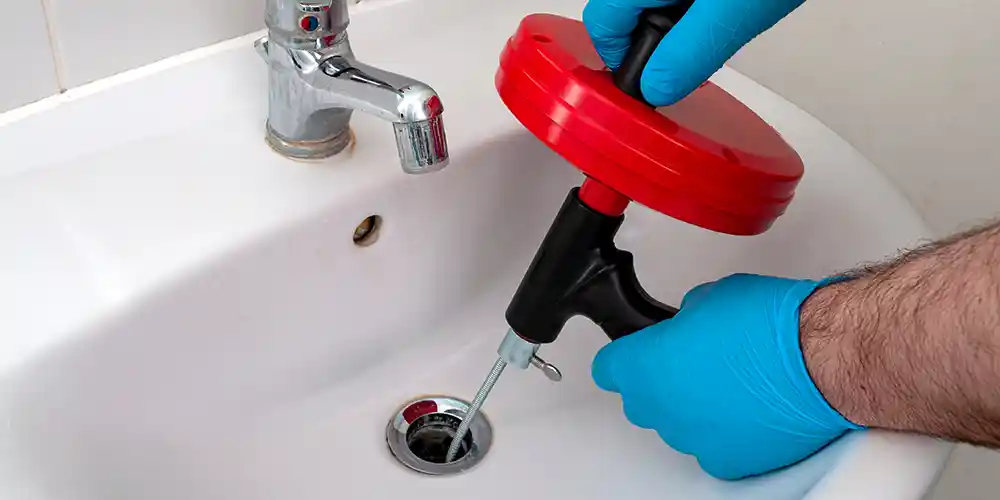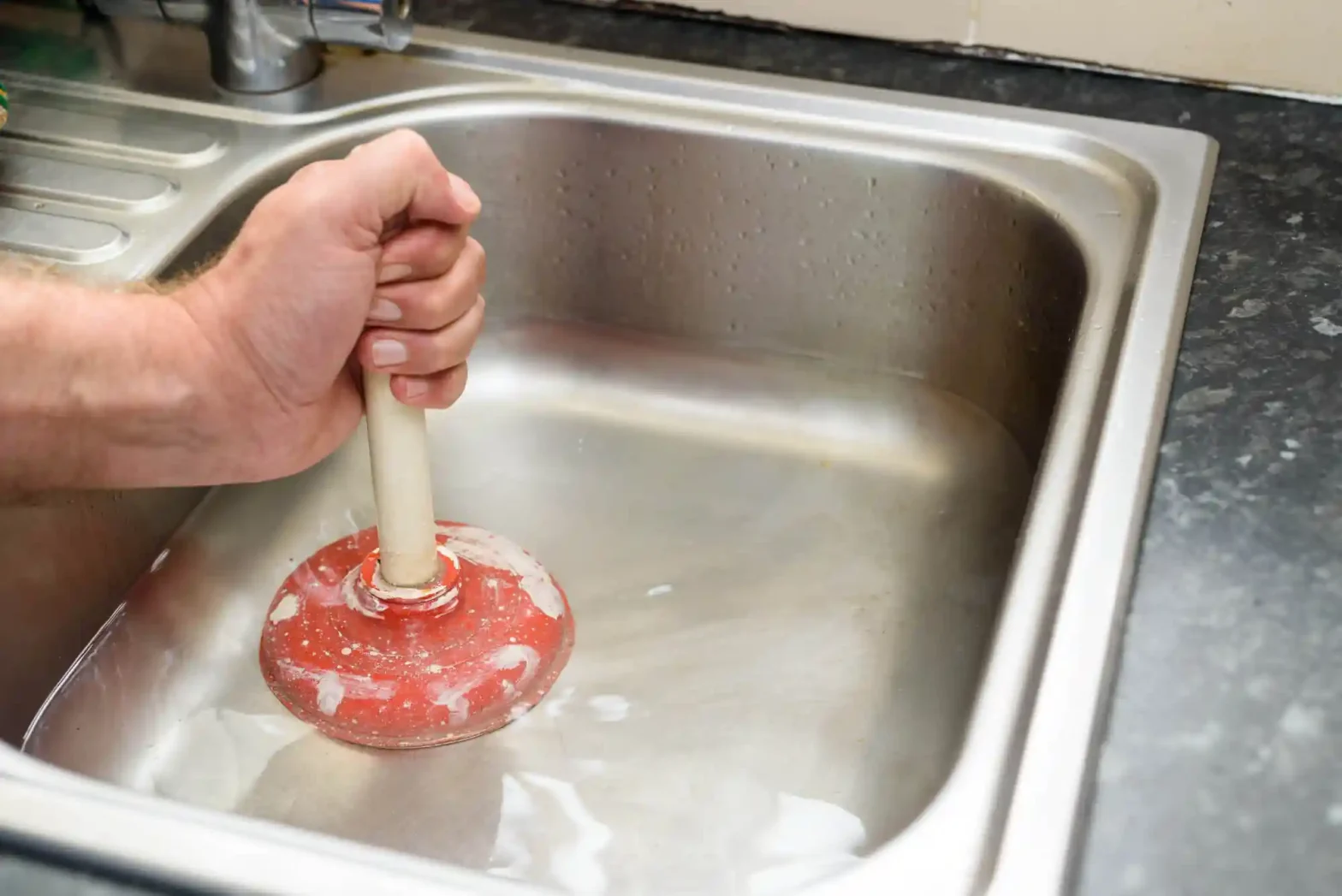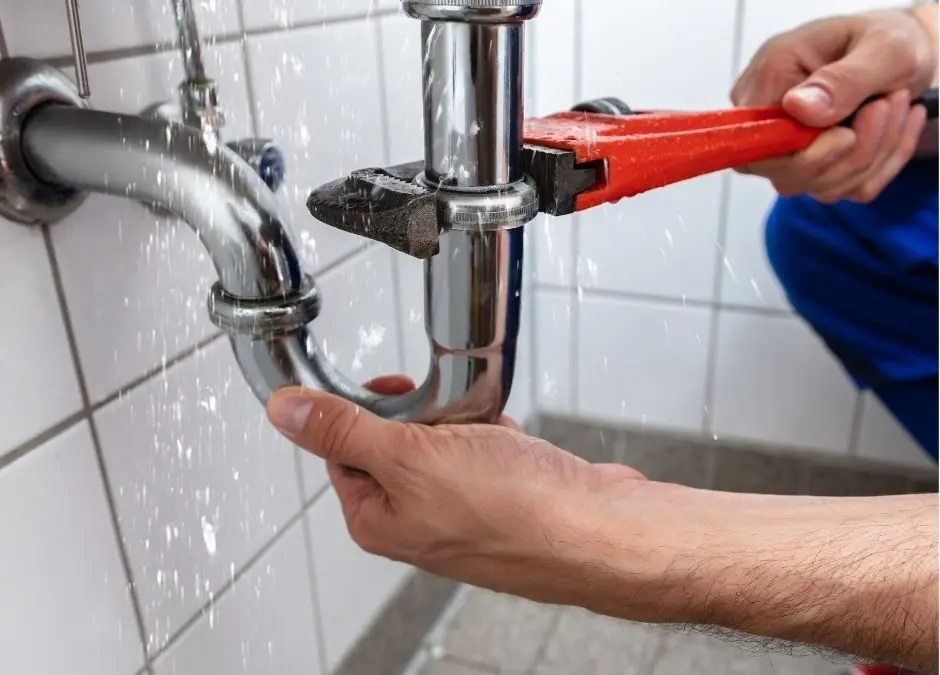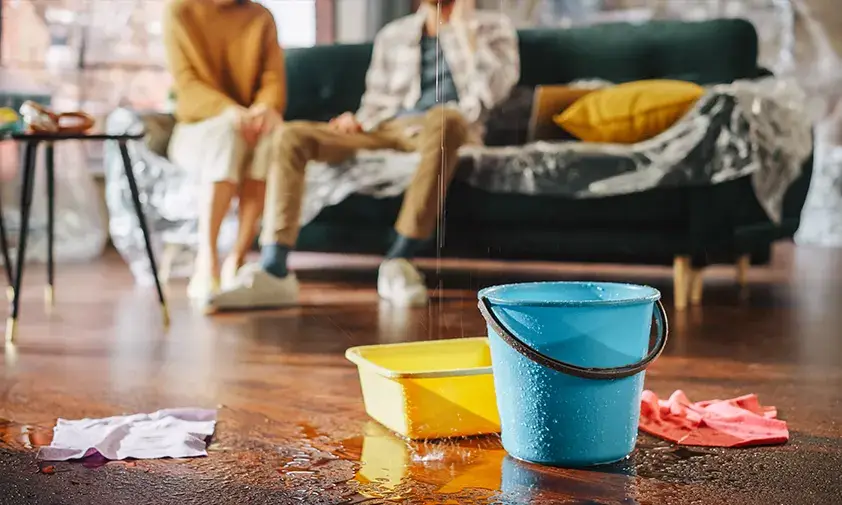How to Prevent Kitchen and Bathroom Clogs: Simple Steps That Work
A clogged drain has a strange way of ruining an otherwise typical day. One minute you are rinsing dishes or taking a quick shower, and the next you are staring at murky water that just won’t move. Besides the mess, blocked pipes can bring bad smells, hidden water damage, and an unexpected plumber bill. The bright side? Most clogs never have to appear in the first place. With a handful of easy habits, you can keep water flowing as it should in the busiest spots of your home, the kitchen, and the bathroom.
Give Your Kitchen Sink a Little Love
The kitchen sink works harder than almost any other fixture in the house. It swallows greasy pans, gritty coffee grounds, and the last crumbs from dinner plates. Treat it well every day, and it will keep working without fuss.
Skip the grease dump.
Hot oil, melted butter, and bacon fat seem harmless when liquid. Once they cool, though, they stiffen into a sticky layer that clings to pipe walls. That layer then grabs every breadcrumb that follows, building a clog you cannot see until it is too late. Instead, let cooking grease cool in the pan, wipe it out with a paper towel, and toss it in the trash. Liquid oils? Pour them into a jar you plan to discard or recycle later.
Catch the crumbs.
Tiny food scraps are experts at sneaking past the drain opening. A simple mesh strainer or rubber drain basket stops them cold. Keep one in place whenever you run water, empty it when you finish the dishes, and rinse it off so it doesn’t become a smell factory.
Send hot water on patrol.
Grease and soap can sneak through even when you are careful. Once a week, turn the tap to its hottest setting and let it run for thirty seconds. The heat melts thin films of residue before they harden. A quick squirt of dish soap first adds extra power against oily film.
Know when to use the garbage disposal.
If you have a disposal unit, treat it gently. Coffee grounds, eggshells, fruit pits, and extensive vegetable peels can dull the blades and pack the drain with grit. Throw solid scraps in the trash or compost bin instead when in doubt. Run cold water for a few seconds after grinding soft leftovers; it helps carry the particles down the main line.
Remember the dishwasher tie-in.
Your dishwasher usually shares a drain line with the sink. If that main pipe is already coated with grease, any bits of food from the dishwasher cycle will stick faster. Keeping the sink line clear protects the dishwasher, too, so you do not get dirty plates after a complete wash.
Keep Bathroom Drains on Their Best Behavior
Hair, soap scum, and toothpaste make a troublesome trio. They bind together inside pipes like papier-mâché, forming a clog that slows every shower or hand-wash. A few simple steps stop the mess before it starts.
Catch the hair before it sinks.
Hair is the number-one troublemaker in showers and tubs. A flat silicone screen or pop-in basket costs only a few dollars and takes seconds to install. It sits right over the drain and grabs strands before they disappear. Empty it every couple of showers, and you rarely see standing water around your feet.
Cut down on soap film.
Some bar soaps leave a waxy film that clings to pipe walls. That film mixes with hair and grows thicker week by week. Switching to a liquid body wash can reduce the problem. If you love your bar soap, balance it with routine hot water flushes to wash the residue away.
Use baking soda and vinegar for a monthly refresh.
Chemical drain cleaners can be harsh on pipes and the planet. A half-cup of baking soda followed by half a cup of white vinegar creates a gentle fizz that loosens light buildup. Cover the drain with a plug or a plate, wait fifteen minutes, then flush with hot water. It leaves pipes cleaner and neutralizes odors in one quick step.
Mind the bathroom sink.
Shaving stubble, toothpaste, and stray hairs can clog a vanity sink as easily as a shower drain. Keep a small plug-in strainer over the sink opening, wipe toothpaste foam into the trash rather than the drain, and run hot water for a few seconds after each shave to carry away loose whiskers.
Don’t forget the toilet.
While toilet clogs are a bit different, the same rule applies: only flush human waste and toilet paper. Disposable wipes, cotton pads, and even “flushable” products often fail to break down and can lodge in bends farther along the line. A small trash bin next to the toilet solves the problem.
Spot Trouble Before It Grows
Clogs tend to whisper before they shout. Pay attention if water drains more slowly than usual, gurgles after you turn off the faucet, or releases a musty smell. These hints mean that a buildup is forming. A quick homemade flush or a plunger session now can save an emergency call later.
Simple Habits, Big Payoff
Preventing clogs is not about fancy gear or deep plumbing knowledge. It is about everyday choices: toss grease in the trash, trap hair before it escapes, run hot water when you finish a task, and freshen drains once a month with kitchen staples. Each habit takes less than a minute but protects your pipes, wallet, and peace of mind.
Stick with these small routines, and you will enjoy clear sinks, fast-draining showers, and the comfort of knowing your home’s plumbing is quietly doing its job, no foul smells, no surprise floods, and no budget-busting repairs. That is a win every homeowner can celebrate.
Ready for worry-free pipes? Contact All Star Plumbing Service today, call, click, or message us now, and our friendly pros will handle the rest.







